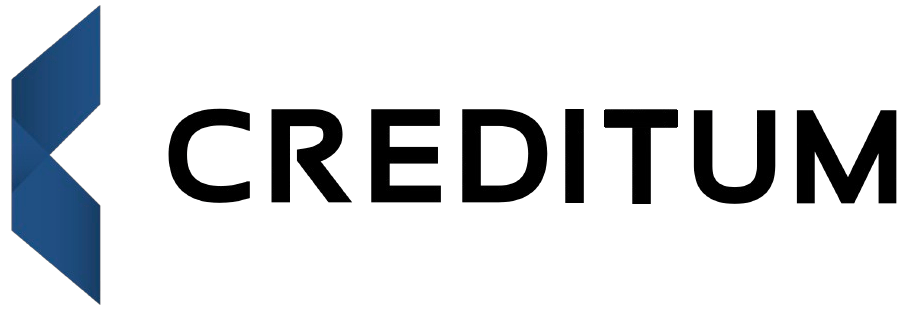Loans for Debt
- No impact on your credit score when
you compare - Get offers in seconds
- Loan offers are non-binding

Debt consolidation is the process of merging multiple debts into a single loan, often with a lower interest rate. This approach can simplify your financial life by reducing the number of payments you need to manage each month. By consolidating, you might also reduce the overall interest you’re paying, enabling you to pay off what you owe faster. It’s crucial to assess your financial situation and explore whether loans for debt consolidation align with your long-term goals. By making informed choices, you can take a significant step towards more manageable finances.
Benefits of using loans for debt
Managing multiple debts can be overwhelming. By taking out a loan specifically to consolidate your debt, you can often gain a clearer financial picture. This means dealing with a single payment instead of many. Having one manageable monthly repayment not only simplifies your budget but can also reduce the risk of missed payments and additional fees.
Also, loans for debt might offer more favorable interest rates. Many find that the overall cost of borrowing decreases when they shift from high-interest debts to a loan with a lower rate. By reducing what you pay in interest, you free up money to use elsewhere, helping to stabilise your financial situation. Lastly, such loans give you the opportunity to improve your credit in the long run. With consistent payments, you demonstrate reliability to future creditors. This might lead to better financial products later on, further supporting your economic wellbeing.
Types of personal loans available
When facing financial challenges, it’s crucial to understand the different types of personal loans available. Personal loans are a versatile tool for managing debt, whether you’re consolidating or covering unexpected costs. Here’s a brief overview of the varieties you might consider:
- Unsecured personal loans – No collateral needed. They often have fixed rates and repayment terms.
- Secured personal loans – Require an asset as collateral, which might result in lower interest rates.
- Debt consolidation loans – Specifically designed to combine multiple debts into a single monthly payment.
- Peer-to-peer loans – Funded by individual investors, sometimes offering more flexible terms.
- Short-term loans – Quick, often for smaller amounts, useful for temporary financial gaps.
Choosing the right loan depends on your financial situation and goals.
Important factors to consider
Before opting for loans to tackle debt, it’s crucial to assess your financial situation carefully. Start by reviewing your current debts and understanding the terms associated with each one. Consider the interest rates, repayment periods, and any penalties that might apply. This will help you determine if taking on new debt could genuinely ease your financial burden or perhaps complicate it further.
Another key factor is your repayment capacity. Assess your monthly income and expenses to see how much you can realistically afford to pay back. Ensure that by consolidating or managing debt through loans, you aren’t over-extending yourself financially. It’s not just about securing a loan, but finding one that aligns with your financial goals and provides long-term benefits. Making informed choices can prevent you from falling into a cycle of debt.
How to apply for a loan
Applying for a loan in South Africa involves a few straightforward steps. First, determine how much you need and assess your financial situation to ensure you can manage repayments. Next, research and compare different loan providers to find the best terms. Here’s a simple process to get started:
- Gather necessary documents: ID, proof of income, and address verification.
- Fill out the application form with accurate information.
- Submit your application and wait for feedback from the lender.
Make sure to read the terms and conditions carefully before signing anything. This ensures you’re aware of all responsibilities involved.
Possible risks of taking out loans
Loans can offer relief, but there are risks. If not managed well, loans can lead to a cycle of debt. Relying too much on credit can result in high interest payments, increasing the total amount owed.
It’s essential to consider your repayment ability. Defaulting on a loan can harm your credit rating, making it harder to get credit in the future. Moreover, failure to repay might lead to legal action or loss of assets.Understanding the full terms of a loan is crucial to avoid unexpected financial strain.
Comparing loan options
Choosing the right loan can be daunting. With the rise of online services, comparing loans has never been easier. These platforms streamline the process, allowing users to make informed decisions without hassle. Key benefits include:
- Access to multiple lenders at once
- Transparent loan conditions and rates
- Time-efficient decision making
Using comparison services offers significant convenience and ensures you find the best option suited to your needs.
Making informed financial decisions
It’s crucial to approach your financial choices with caution and foresight. Understanding the various options available, especially in relation to managing existing debt, can save you time and money. Careful comparison of loan services can help you find solutions that align with your capacities and needs. It’s not just about securing a loan; it’s about finding the best terms and conditions that work for you. Making informed decisions today can pave the way for a more stable financial future. By ensuring your financial moves are well thought out, you reduce risks and empower yourself in the long run. This approach fosters a sense of control and confidence in your financial journey.
